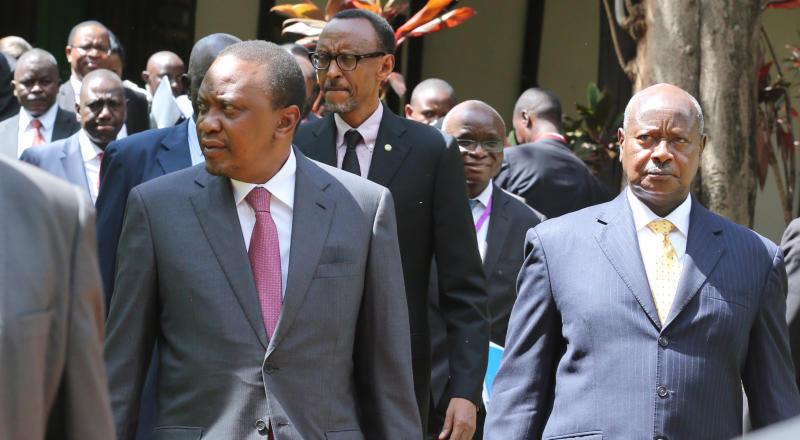×
The Standard e-Paper
Fearless, Trusted News

Regional realignments and long-running disputes are now threatening to derail President Uhuru Kenyatta’s legacy projects, among them the Sh1 trillion Standard Gauge Railway (SGR) investment.